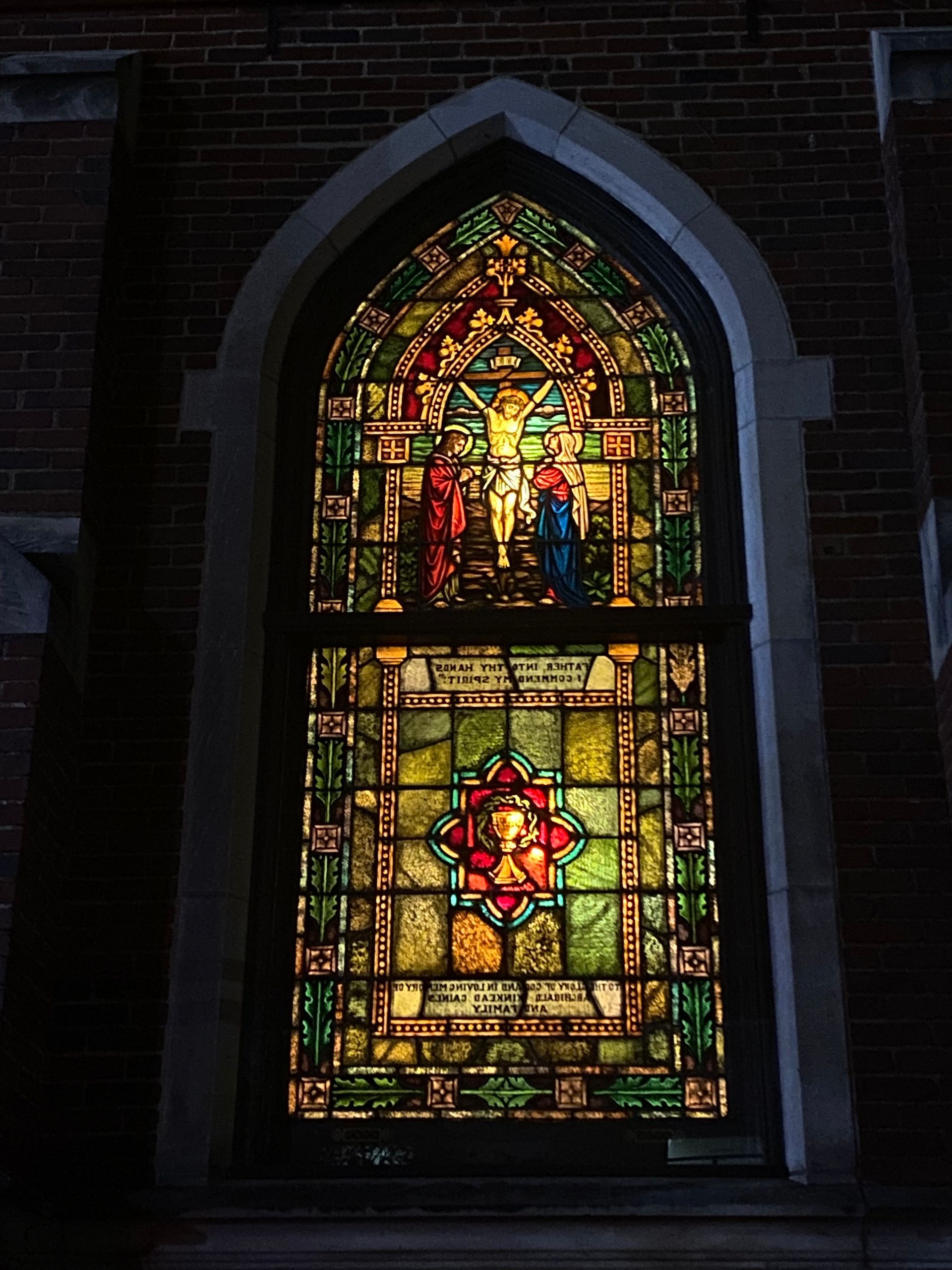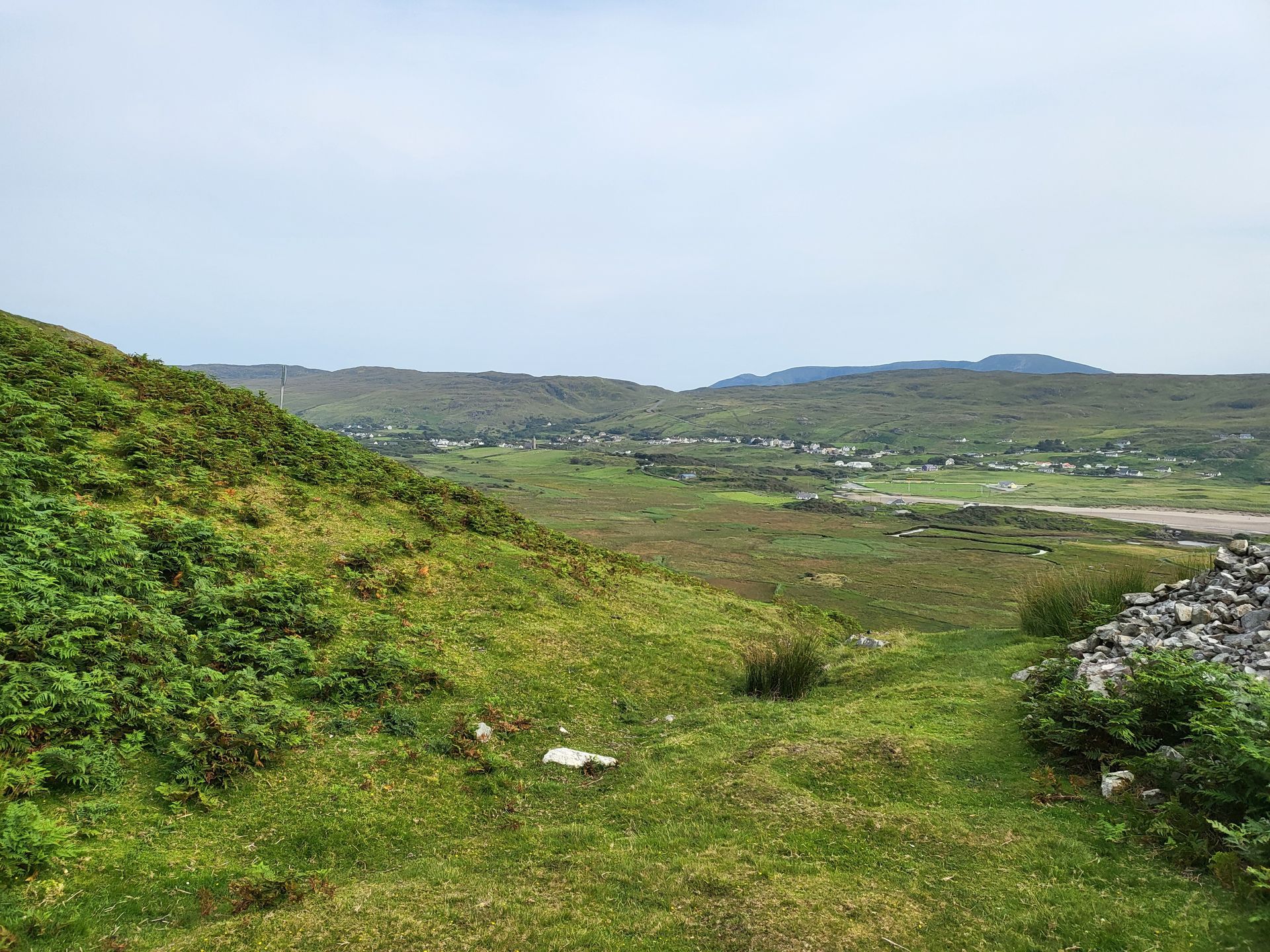Marks of the Church
A few thoughts on why I am an Anglican.
I am an Anglican. I am an Anglican of the Catholic Tradition.
There have been times when I have worn that identity with a significant level of discomfort, and even embarrassment for my tradition. While it is true that there are internal ecclesiological struggles, and even schisms, as well as a penchant for moving the theological underpinnings of the Faith according to the impetus of Modernism, I remain an Anglican despite the discomfort, embarrassment, and disappointment. There are several reasons for remaining in this fractious and fractured tradition.
The first of these is that I come to this tradition by choice. I was not born and baptized into the Anglican Communion. Rather, I became an Anglican, first by reading and praying the office, and then by formal association through Confirmation, and later ordination, in the Episcopal Church. I came to the tradition knowing its warts and fully apprised of its weaknesses. Yet, at that time it fulfilled, and still does, those spiritual needs that had been left unmet in the tradition in which I was raised.
Since that time, the tradition has fractured further, and my own peculiar corner has continued to drink from the firehose of the cultural Zeitgeist leaving me at the edge of its theological spectrum. This is also true of the parish which I serve. I am fine with this, as we are still in step with the majority of the Communion and maintain loyalty to “the doctrine, discipline and worship of Christ as this Church has received them.”
The question is often asked of me, "why do you stay?” My answer generally is, “Where should I go?''
The American evangelical world is an untenable option to me. I find that its worship lacks depth and dignity and tends to gravitate towards emotionalism and entertainment. Its theology is a strange mix of Gnosticism, individualism, and an almost magical view of the Bible. The preaching and teaching only emphasize an individual moment of conversion, dispensationalism, self-help clothed in vaguely religious terms, or modern cultural/political stump speeches. (Yes, this is a broad brush and there are exceptions, but exceptions only serve to prove the norm.) There is also a lack of formal connection to Christians throughout the world, or a sense of “catholicity” as broadly defined.
While having an affinity, respect, and love for the Roman Catholic Church, it also remains outside of the options, although I would never condemn her, or actively dissuade anyone from joining her fellowship. In fact, due to my own vows I am committed to working for our eventual reunion. However, there are certain items in Roman dogma, doctrine, and structure that are problematic for those with an Anglican spirit. Without delving deeply into those, or making a detailed argument, the basic one is the claim to Papal Supremacy, or that the Bishop of Rome has metropolitical authority over the whole Church, and the logical conclusion of this which holds that, by definition, a dogmatic pronouncement, of the Holy Father, ex cathedra, is infallible. (This is itself was promulgated in 1870, and so is quite late.) Again, I hold no ill will, but could not in good conscience ascribe to this belief. NB--It appears as if Leo XIV is loosening the claim to primacy, time will tell.
This, then, leaves Orthodoxy. Within it I would be most comfortable, as I am deeply drawn to its liturgical expression and most appreciative of its theology. In fact, as I have studied Patristics in the academic world, I find that Orthodoxy, as a whole, has held the strongest grip upon both Tradition and Scriptural interpretation, and have found within Anglicanism the same strain. Thus, the theological underpinnings are neither foreign nor unknown in our own Anglican Divines. Here too, I am committed to working and praying for reunion. Yet, despite this, it would be impossible to swim the Bosphorus for several reasons. One of which would be proclaiming that Anglican orders and Sacraments are invalid, or at least irregular, an idea that is not convincing to me. The other reason is that, Orthodoxy too, is beset with its own internal squabbles and even “schism” at this time.
To put it succinctly, there is no perfect expression of Christianity, each has its own drawbacks and issues. We can only do what we believe to be best in working out our salvation in any ecclesiastical structure.
So, what would my advice be to someone searching, or yearning, for a more fulsome catholic expression/experience of the Church, its worship, theology, and structure? It would be to find one with the basic “Marks of the Church."
Understanding that different traditions would emphasize different marks, or add others, I have found that the Chicago-Lambeth Quadrilateral of 1886 and Resolution 11 from the Lambeth Conference of 1888 to be adequate for the need for a minimal starting point:
(1) The Holy Scriptures of the old and New Testament, as "containing all things necessary to salvation," and as being the rule and ultimate standard of faith.
(2) The Apostles' Creed, as the Baptismal Symbol; and the Nicene Creed, as the sufficient statement of the Christian Faith.
(3) The two Sacraments ordained by Christ Himself-Baptism and the Supper of the Lord-ministered with unfailing use of Christ's words of Institution, and of the elements ordained by Him.
(4) The Historic Episcopate (Bishops), locally adapted in the methods of its administration to the varying needs of the nations and peoples called of God unto the Unity of His Church.
In short, I would begin by finding a community that emphasized: Scripture, Creeds, Sacraments, and the Historic Episcopate (Bishops in Apostolic Succession). I would then throw myself whole-heartedly into such a community, even if they were to make further emendations.
I do not believe that one would err terribly to affiliate with those who share these things.


